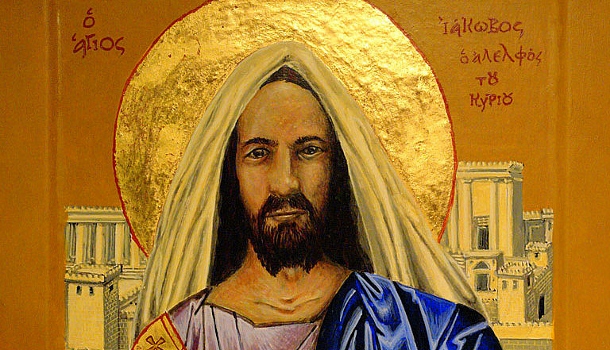
Seven times a day do I praise you, *
because of your righteous judgments.
Great peace have they who love your law; *
for them there is no stumbling block.
I have hoped for your salvation, O LORD, *
and have fulfilled your commandments.
I have kept your decrees *
and I have loved them deeply.
I have kept your commandments and decrees, *
for all my ways are before you. (Psalm 119:164-168)
This verse from Psalm 119 is behind the Benedictine rule of daily prayer in the monasteries — seven times of prayer which since the 6th century or so have been known as Matins, Lauds, Terce, Sext, Nones, Vespers, and Compline.
The Benedictine round of prayer is a workmanlike approach to prayer. Each office is relatively short, all 150 psalms are appointed to be read in the course of every week, and there is only minor variation from day to day, season to season, year to year.
The Daily Office in our Book of Common Prayer definitely springs from that Benedictine tradition. The fruits of the Daily Office are revealed only after long use and steady practice. It takes time for the words of the Psalms and of the rest of Scripture to soak into your mind and heart, time and repetition. I’ve been saying the Daily Office regularly for 20 years now, and I’m only getting started.
Now contrast this with the story appointed for today from the Acts of the Apostles, the story of Simon the magician.
Simon was a magician who did deeds of power in Samaria, but when he saw the disciples and their faith he turned to the Lord and was baptized. Apparently, however, he and the other Samaritans who were baptized did not receive the Holy Spirit, so Peter and John came down to lay hands on them. “Now when Simon saw that the Spirit was given through the laying on of the apostles’ hands, he offered them money, saying, ‘Give me also this power so that anyone on whom I lay my hands may receive the Holy Spirit.'” (Acts 8:18-19).
It’s from this man Simon that we get the word simony, which means making a profit out of sacred things or buying and selling a position in the Church. The word really comes from the Middle Ages, when the wealthy would buy a bishopric or buy a position as abbot for a family member.
The gift of the Spirit is just that, a gift, and you can’t buy it. And the fruits of the Spirit are revealed over time, too — you can’t just leap to the end state.
I’ll bring it back to the Daily Office with an example.
There are several very marvelous iPhone apps that make saying the Daily Office much easier. My favorite is the app (and website) by Forward Movement called Day by Day. Just open the app or the website, click on Daily Prayer, and the office unfolds before you — no fussing with ribbons or bookmarks, no worrying about whether you’ve picked the right collect. Just click and pray.
Here’s the thing, though. The app makes it easy, but you still have to actually pray.
You still have to put in the time in order to give the Word a chance to soak in. So be like Simon — eager for the gift of the Spirit — but don’t be like Simon in his haste to skip over the work.




